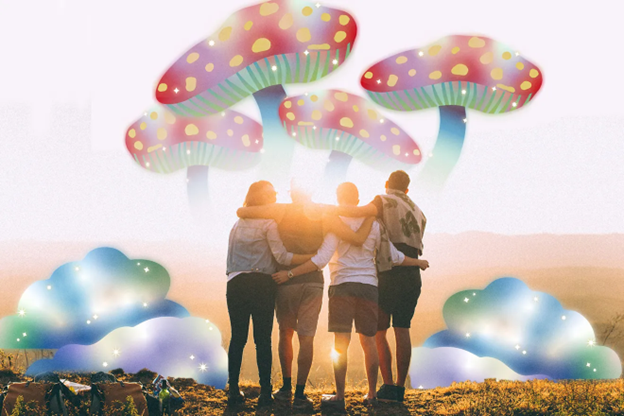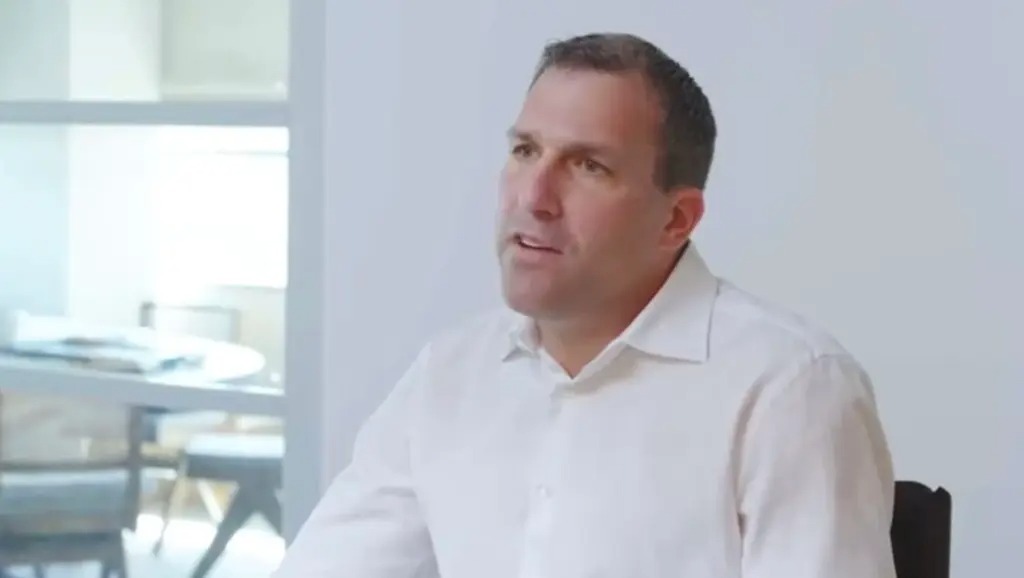If you’ve watched How to Change Your Mind, one of Vice’s documentaries, or that eye-opening Goop episode, you’ve probably heard about psychedelic retreats. These retreats are some of the few places where people can legally experience substances like psilocybin, MDMA, and ibogaine. Many travelers are now curious about joining a magic mushroom retreat to explore new ways of healing and self-discovery.
Psychedelic Support focuses on safe and evidence-based practices in psychedelic therapy. As legal access slowly expands, more retreats are offering guided psychedelic experiences in a responsible setting. For people who’ve struggled with mental health issues and feel stuck with traditional treatments, the best psilocybin retreats in Jamaica can offer a new path toward hope and healing.
Research continues to show how psychedelics may help people with difficult conditions such as:
- Ketamine and Psilocybin for treatment-resistant depression
- MDMA for post-traumatic stress disorder (PTSD)
- Ibogaine for addiction recovery
For those who have lived with depression, trauma, or addiction for many years, a retreat can feel like a chance to reset. But before you sign up for one, it’s very important to know what to expect — and how to stay safe. Here are five essential things to know before you book a psychedelic retreat.
1. Principles of Psychedelic Safety at Retreats
A psychedelic experience can be deeply emotional and powerful. It can help people understand themselves in new ways, connect with spiritual insights, and release emotional pain. However, it also places you in a highly open and vulnerable state — one where you need to feel safe and supported.
Because these retreats happen in different countries with few consistent rules, it’s up to you to do your research. Read reviews, ask for recommendations, and find out who runs the retreat. If possible, talk to people who have attended before.
Good retreats follow harm reduction principles — meaning they create a safe, supportive, and respectful environment for participants. Learning about psychedelic harm reduction before going can help protect you and your fellow participants.
2. The Legality of Psychedelic Retreats
Always check the legal status of psychedelics in the country or state where the retreat is held. Transporting these substances across borders is illegal and could cause serious legal trouble.
Some countries like the Netherlands, Jamaica, the Bahamas, and Brazil allow legal or unregulated psychedelic use, making them popular destinations for retreats. Others may only decriminalize psychedelics, which means they aren’t fully legal but not strictly banned either.
In the U.S., a few cities in Colorado, California, and Michigan have decriminalized psychedelics. This allows for more local retreats for those who prefer not to travel abroad. These locations may also provide easier access to medical support if needed.
Understanding the legal framework helps you make an informed and safe decision before attending any psychedelic or magic mushroom retreat.
3. Know Your Providers
Who runs your retreat matters just as much as where it’s located. Some retreats are led by spiritual guides or shamans, while others have medical professionals involved. In many countries, facilitators aren’t required to have official licenses, so you’ll need to verify their experience and credibility.
A strong retreat team should include:
- Medical supervisors or doctors
- Nurses or first-aid personnel
- Experienced facilitators
- Therapists or integration coaches
Ask these important questions:
- Will there be a trained therapist available for integration afterward?
- Will medical staff be present during your experience?
- How are medications and health concerns managed?
Good communication and preparation are key. When you feel safe, supported, and respected, your psychedelic experience is more likely to be positive and healing.
4. Know Dosage, Set, and Setting
Each psychedelic substance works differently and lasts for different lengths of time. It’s important to know what you’re taking, how much, and how long the effects may last.
Here’s a general idea of common psychedelics used in retreats:
- Ketamine: 0.5 mg/kg (usually lasts about 1 hour)
- Psilocybin (from magic mushrooms): around 30 mg/70 kg (effects last 3–6 hours)
- MDMA: 75–125 mg (lasts around 8 hours)
- LSD: 50–200 micrograms (can last up to 12 hours)
- Ayahuasca: 0.5–1 mg/kg (lasts about 4 hours)
- Ibogaine: 100–1000 mg (can last from 24–48 hours)
“Set and setting” are also very important. Your mindset (set) and environment (setting) shape your experience. The retreat location, facilitators, group size, and even the food you eat can affect your journey.
Make sure your retreat explains what kind of atmosphere to expect — quiet and meditative, community-oriented, or spiritual and guided. Understanding these details will help you feel more at ease when the experience begins.
5. Tell Your Doctor – No, Really
Even though psychedelics are often discussed in spiritual or emotional terms, they still have real medical effects. Always let your doctor or psychiatrist know if you plan to attend a psychedelic retreat.
Some prescription medications can interfere with psychedelics or cause unwanted side effects. Your retreat’s medical staff also needs to know your health background to help you stay safe. Full transparency ensures the best possible outcome for your journey.
If you take antidepressants (like SSRIs) or other medications, talk with both your doctor and your retreat provider before making any changes.
Final Takeaways
Thousands of people attend psychedelic and magic mushroom retreats every year, often reporting personal breakthroughs and emotional healing. Still, it’s important to plan carefully, choose your retreat wisely, and prepare your body and mind before you go.
By following these five steps — understanding safety, legality, dosage, your facilitators, and communication with your doctor — you can make your retreat experience safe, meaningful, and transformative.
If you’re seeking guidance before or after your retreat, you can connect with trained therapists and psychedelic integration specialists through trusted networks. With proper care and preparation, your psychedelic retreat can be not only safe but also life-changing.





